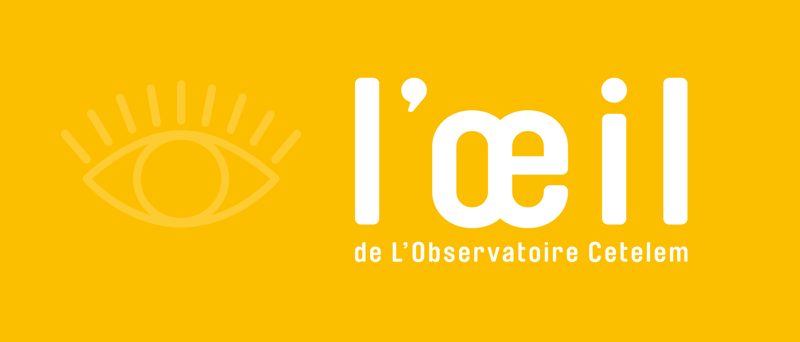For how much longer will retail remain committed to open access, a principle that it has always espoused?

France’s first Soho House recently opened in Paris’s 9th arrondissement. Soho House was originally founded in London and now has 30 locations around the world (Los Angeles, Mumbai, Hong Kong, Tel Aviv, New York, etc.), all characterised by the fact that they are accessible exclusively to members of its community. Indeed, their doors are open only to those who have paid the registration fee (€2,800, or €900 for under 27s) and been co-opted by a committee made up of artists, actors, entrepreneurs and designers whose identities are kept secret. The brand specifically targets creative professionals (scriptwriters, artists, actors, etc.) to reinforce the idea that its venues are forums for networking. There are obviously no signs on the front of the building. You just have to be in the know…
![]() What to think of it?
What to think of it?
The health crisis and its impact on tourism have left the hotel sector wondering how it can survive. The industry is even going as far as questioning its fundamentals. Thus, we are now seeing establishments opening up to local neighbourhood residents by transforming their lobbies into coworking spaces and their rooms into offices, while others, like Soho House, are restricting access so as to be perceived as private clubs. This may well be the first manifestation of a new kind of exclusive consumption. Here, what matters most is not symbols of prestige or the size of the rooms, but the opportunities to meet others that come from belonging to a community. Indeed, in a hotel like this, who would choose to stay in their room when so many encounters are waiting to happen? Featuring a roof-top, winter garden patio, restaurant, library, cocktail bar, gym, etc. Soho House perfectly illustrates how the status of luxury brands has evolved over time. Initially touted as marks of distinction and later of recognition and self-affirmation, today their purpose appears to be veering towards discreet entryism. This is a new form of elitism. Will we eventually see stores open exclusively to membership card holders, promising them valuable networking opportunities?
Summing up
As of 26 November, British natural cosmetics brand Lush no longer has a presence on Facebook, Instagram, Snapchat or TikTok. The idea behind this move is to alert its teenage customers to the effects of social media on their mental health.
Summing up
After Milan, Bali, London, Beijing, Dubai and Shanghai, in early December Paris became the latest city to host a Bulgari Hotel, opened by the jewellery company of the same. Located on Avenue George V., the establishment offers 76 rooms, three-quarters of which are suites.
Summing up
Tesla recently filed a patent for laser technology that could replace traditional windscreen wipers. Depending on the quantity of dirt and the part of the windscreen affected, a laser beam is automatically directed towards the offending particles, which are then burned away.
Catching the Eye
For pet owners, healthcare is the third biggest expense item after food and hygiene, representing a significant proportion of their budget: an average of €148 per year, according to the latest Observatoire Cetelem zOOm survey. Faced with these potentially high costs, almost 1 in 2 owners would be prepared to take out pet insurance, an option that appears to be especially appealing to 18-24 year olds (73%).





